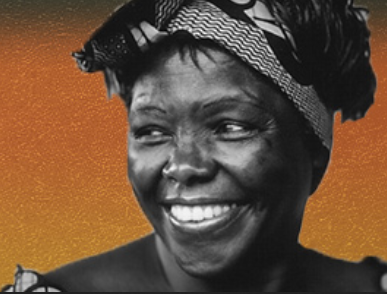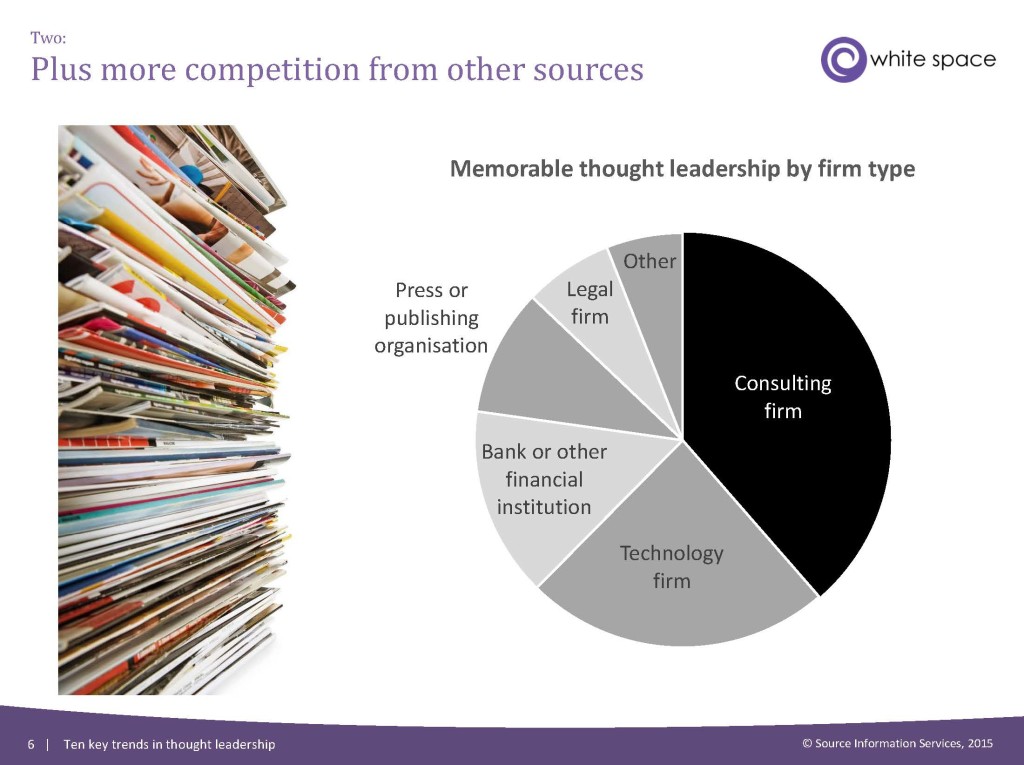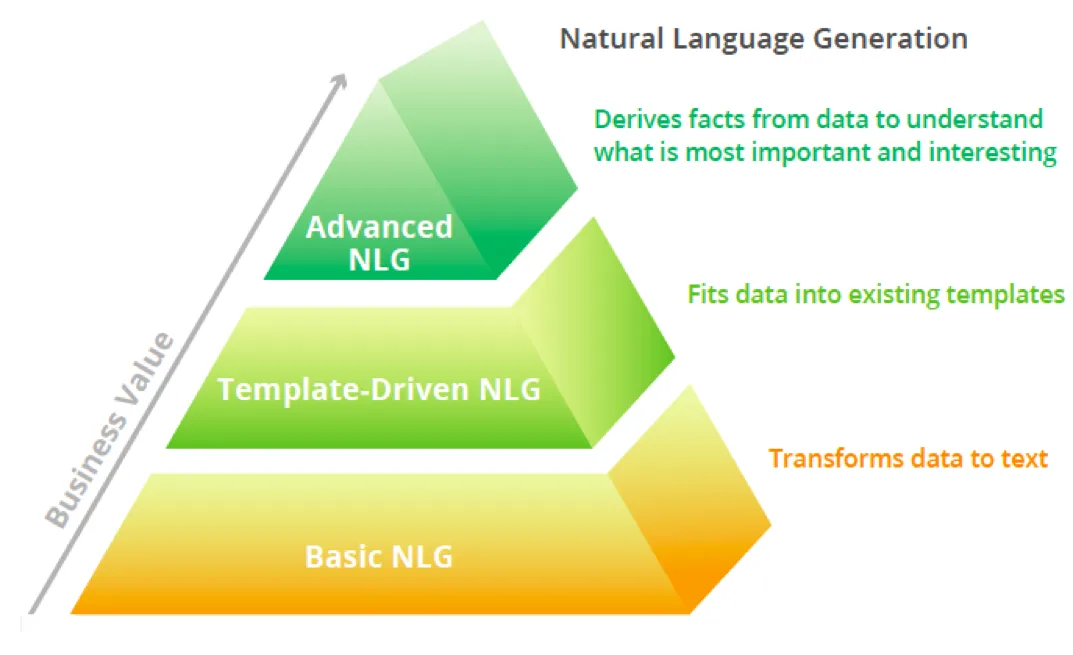Sitting and listening to 2004 Nobel Peace Prize Laureate Professor Wangari Maathai, I couldn’t help but compare her to Abraham Lincoln and Nelson Mandela. Lincoln’s speech at Cooper Union Great Hall in 1860 propelled him to the Republican Party’s presidential nomination. Mandela is the last Nobel Peace Prize winner from Africa and one of my political heroes. While she may not be in their league, her accomplishments and story are inspirational.
Wangari Maathai won the Nobel Peace Prize for leading the GreenBelt Movement for “30 years of struggle to renew Kenya’s natural resources and instill a sense of responsibility and ownership at the grassroots level….Some people have asked what the relationship is between peace and environment, and to them I say that many wars are fought over resources, which are becoming increasingly scarce across the earth. If we did a better job of managing our resources sustainably, conflicts over them would be reduced. So, protecting the global environment is directly related to securing peace.” The GreenBelt Movement has planted 20 million trees and has become an entry point to more holistic approaches to solving problems.
Happening on International Women’s Day, the audience was as diverse as I’ve ever seen: the young and old; pink, orange and coiffed hair; philanthropists, students, activists and many New York intellectuals; and CSPAN’s Book TV, Democracy Now! and WBAI were there to record the event.
Wangari’s publisher introduced JFK’s niece and human rights activist Kerry Kennedy, who spoke too long. Finally Wangari gave a 20 minute speech and then gave incisive answers to a few audience questions. Here are some facts and my comments on what was said:
1) Wangari claims successful countries and communities are built on the interdependent foundations of human rights, democracy, environment and peace. If economics were included in her philosophy, then I would be less skeptical about it.
2) Wangari was taunted, hospitalized and jailed because she opposed the building of an office tower in the middle of a national park. Wangari’s notoriety propelled to a seat in Kenya’s National Assembly. From her comments, you can tell she dislikes ex-President Daniel arap Moi.
3) Debt relief was talked about. Wangari told a joke about Bono. Wangari logically argued that African countries shouldn’t be saddled with obligations created by corrupt “big men”. She briefly mentioned debt consolidation as another compromise option.
4) Hunger and poverty makes people cut trees for firewood. A lack of trees causes soil to erode and flow away from formerly fertile lands. This situation turns to violence and war as people fight for scarce resources.
5) Professor Wangari believes environmental policy should be sustainable and equitable.
6) To potential supporters, she said they can help with money, morally, and with political pressure.
7) In 1960, Wangari came to the U.S. for her B.A. and M.A. thanks to a JFK program to prepare a next generation of leaders for Kenyans who gained independence from Britain. JFK also started the Peace Corps.
8) MOST IMPORTANTLY, I am happy to have seen a strong woman whose accomplishment empitomize the ideals of so many of my peers.



